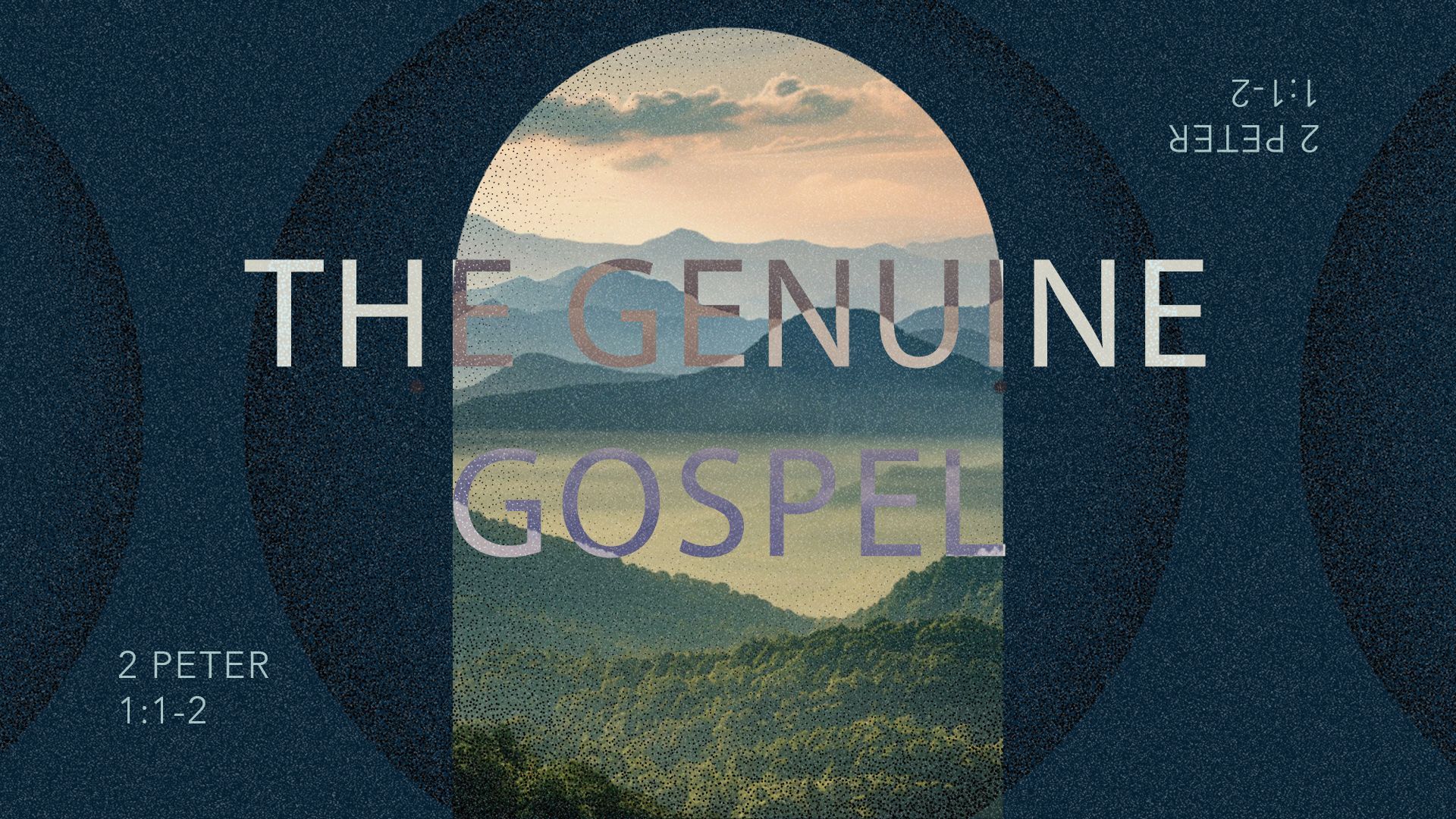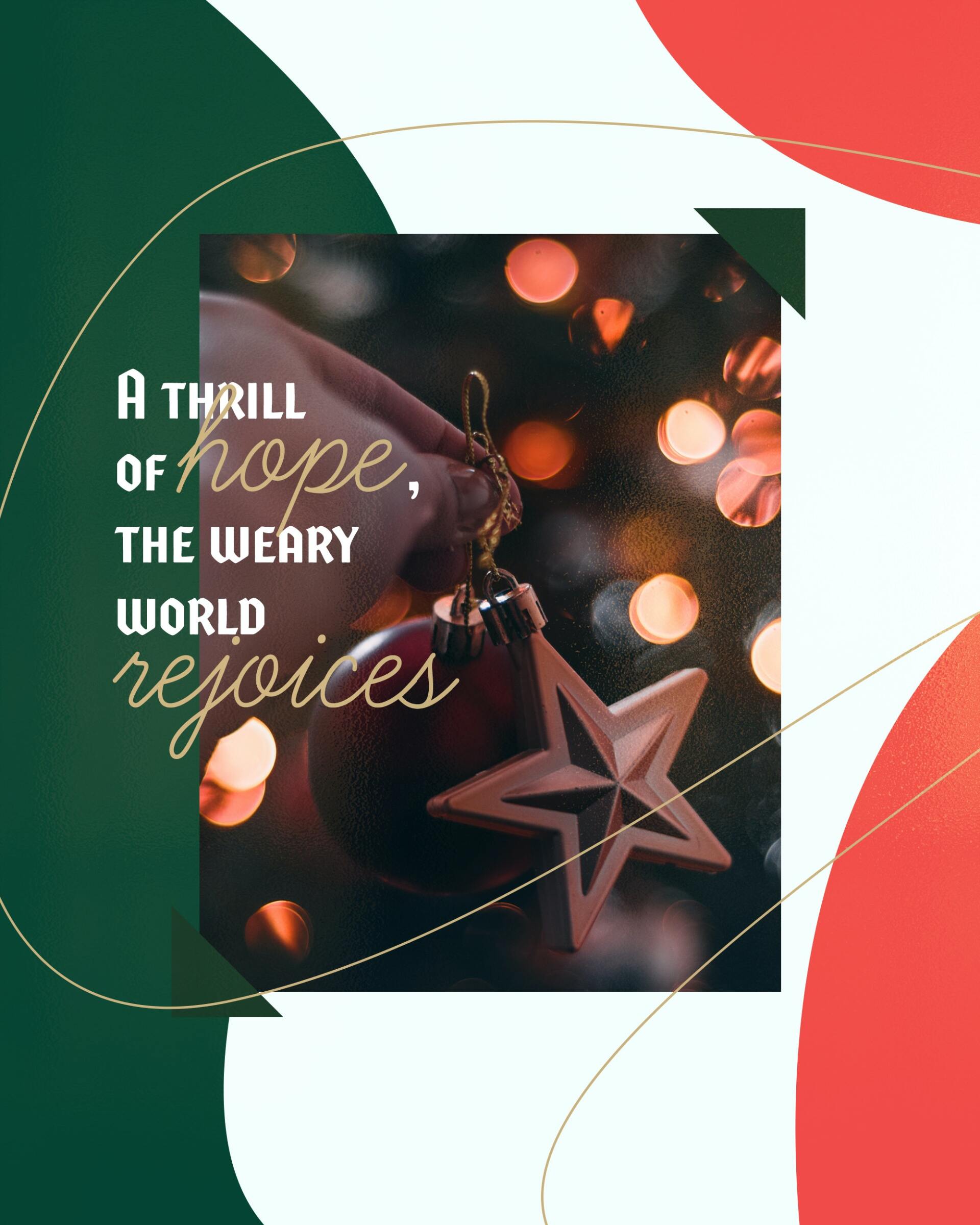Story behind the song: 'O Holy Night
It’s 1871. War was raging. It’s bitterly cold.
German soldiers, exhausted and hungry on one side, and on the other side of that battlefield, French soldiers were dug in, dirty, tired, and manning the trenches. Ready to go home. Ready to see their families.
They were fathers missing their children. Husbands missing their wives. Men missing the sound of laughter on a weeknight over a warm meal and a favorite drink at the local tavern.
Oh, and it’s Christmas Eve.
But none of those wants were able to be engaged and enjoyed. No, this Christmas Eve was far from joyful. These men—these men were weary.
If we can, let’s back up a few years. A priest in 1843 asked a poet to pen the words to a magnificently crafted French hymn that we now know as “O Holy Night”—the current English translated version.
A simple request that turned into one of the most well-known hymns to ever be sung during advent. This might be my favorite hymn. But there is more than one reason why.
It’s not just because of the song’s haunting musical framework around the verses that perfectly bear the weight of the words, “Long lay the world in sin and error pining.”
Or how the chorus masterfully lifts and augments, fully carrying the massive melody that sings with an ache that has been groaning since the fall of man—a call and supplication to all of creation, “fall on your knees.”
However, I think the most significant piece of this song that rings loudly for me every year I hear it or sing it, are the words, “a weary world rejoices.”
Yep, this is the line. I think this line, neatly tucked into the first verse, beautifully sums up two truths.
Because of sin, which leads to the separation from a Holy God, which leads to our pursuit of everything that will never satisfy, we suffer from a weary heart. We convince ourselves that we know best, just as Adam and Eve did.
We are the weary. We are the exhausted, the hungry, the tired. We are sort of like those soldiers, sitting in those trenches hoping for something better, and longing for peace.
But here is the glorious part and second truth that little line communicates: Now, we rejoice! We have reason to rejoice!
Galatians 4:4 says, “But when the fullness of time had come, God sent forth his Son, born of a woman…”. O night divine, at the perfect time, in the perfect way, Christ was born…” He was born under the law to redeem us from the law—the burden we could not bear. “O night, O night divine!”
Twenty-four years after that song was written, crouched low in the trenches of that battlefield, a cold and tired, weary but brave young French soldier climbed out of that trench and ran to the center of the battlefield and started singing the words to “O Holy Night.”
As he began to sing, the melody and words enveloped each and every soldier there that day. All were quiet. All were calm. For a few hours that night and on through Christmas Day, although brief, there was a cease fire between the two armies.
The next time you hear this song on the radio, I hope you listen for that line. I hope it reminds you of those weary soldiers. But more than that I hope you are reminded to rejoice.
Rejoice in the hope that has a name that is greater than any other name. Emmanuel. Jesus. Incarnate God, in the form of a child, came to this weary world to reconcile a weary people and give us a reason to fall on our knees and rejoice and know Him who has redeemed us for himself.






